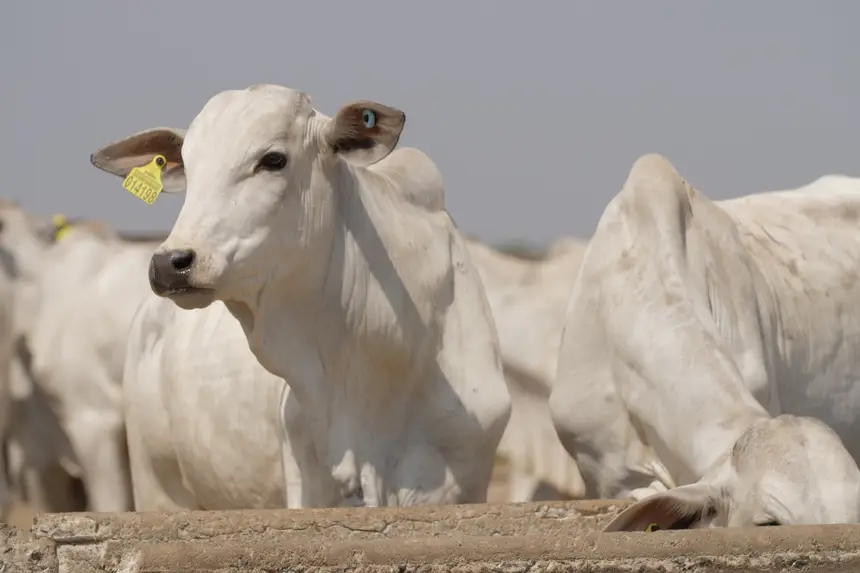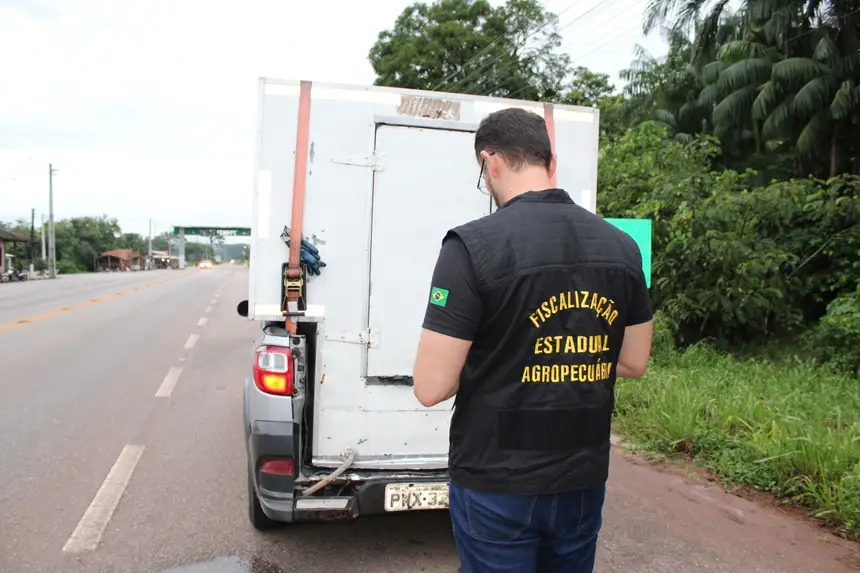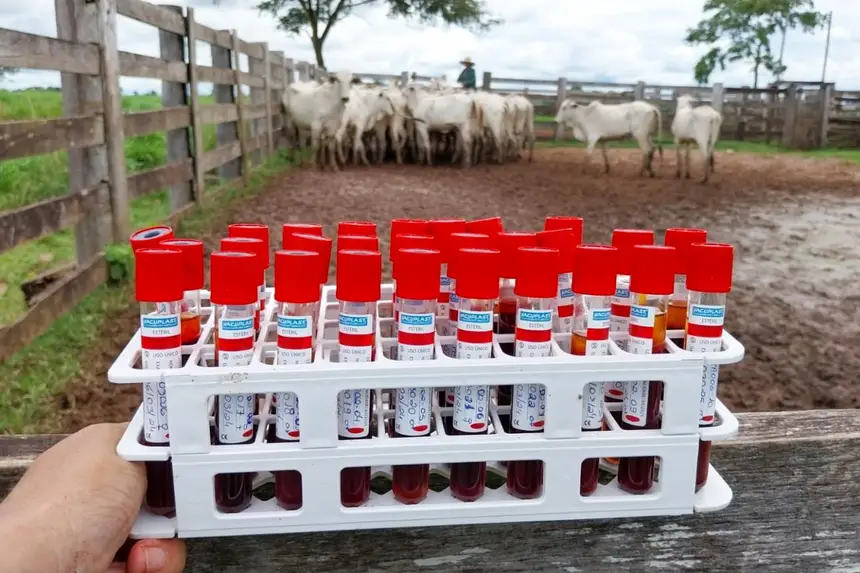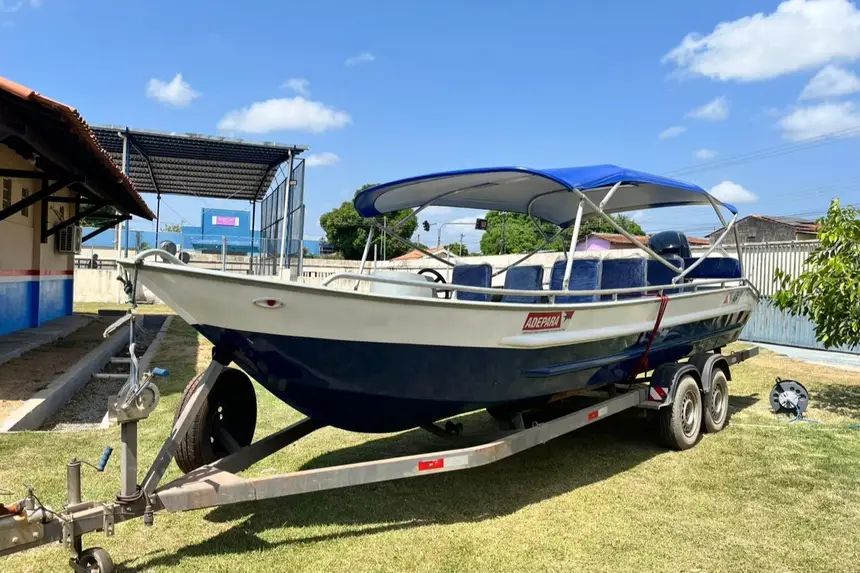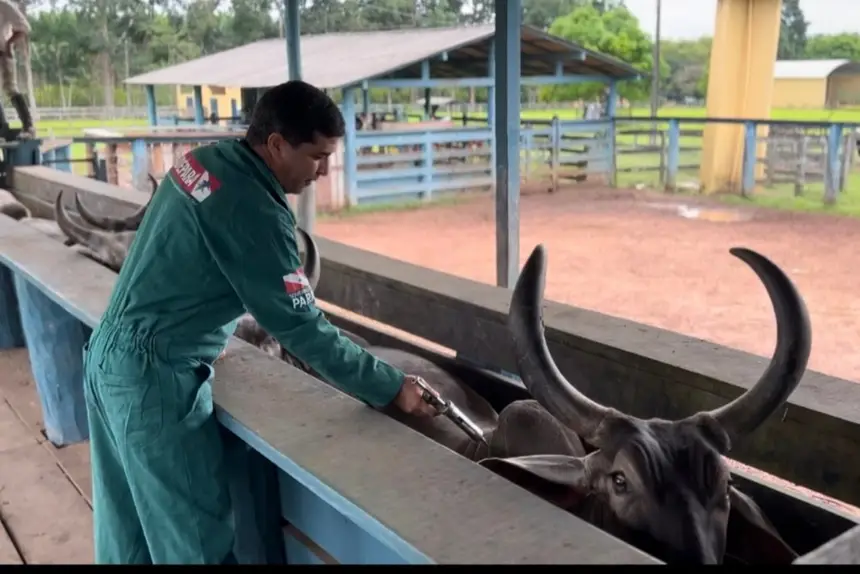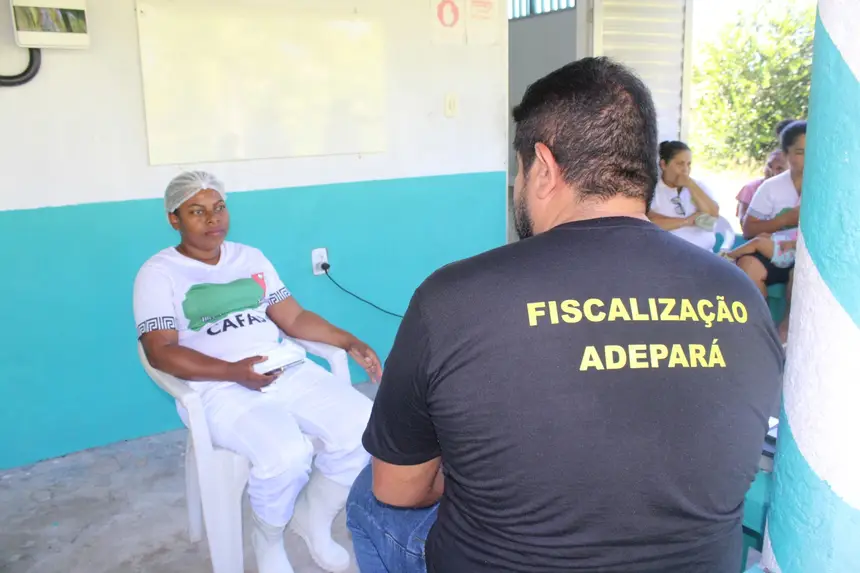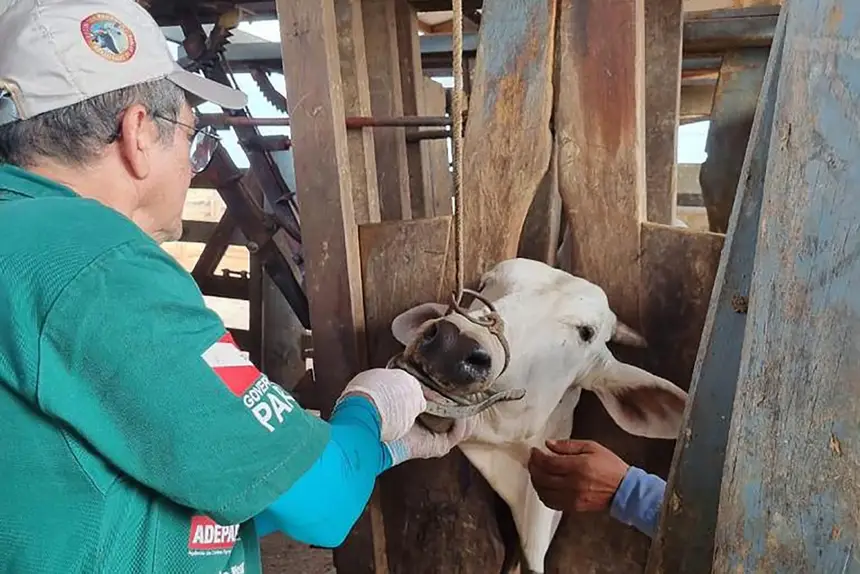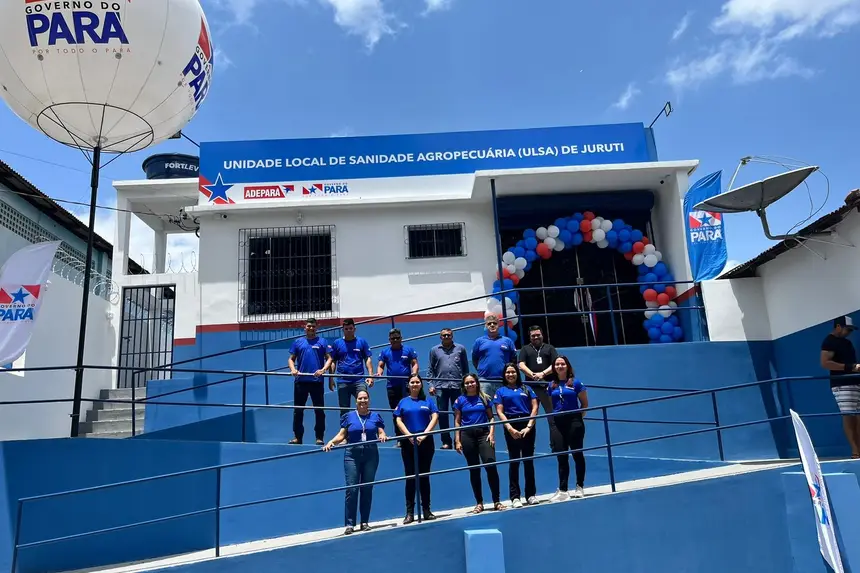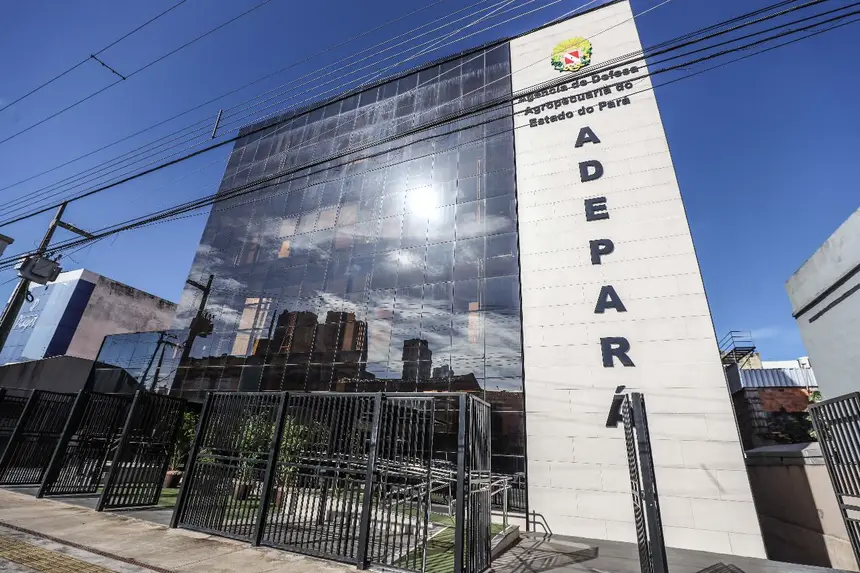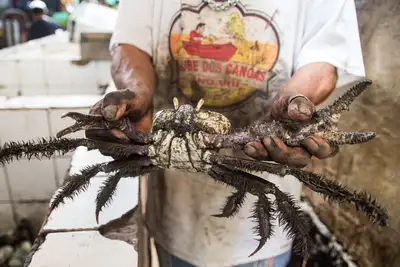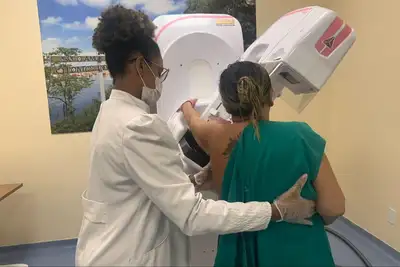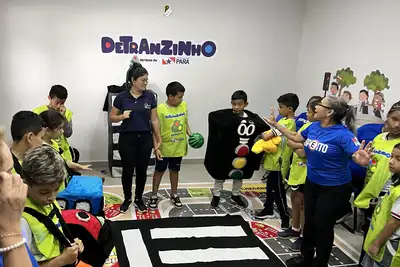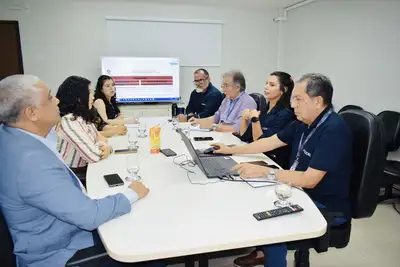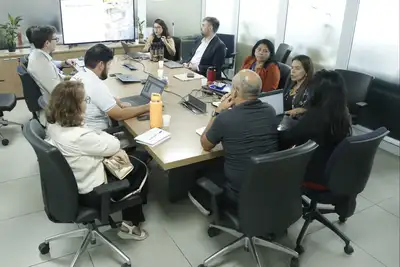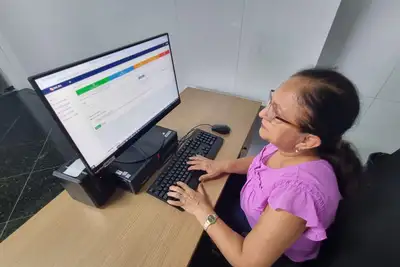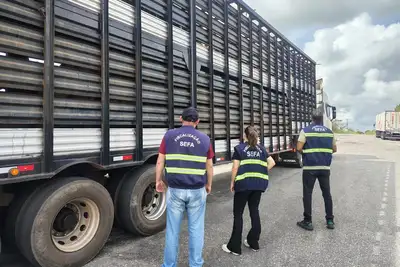Adepará celebrates 23 years of historic advances in agricultural defense
Modernization, territorial identity, and agro-industrialization mark the Agency's trajectory, a national reference in the defense of animal and plant health
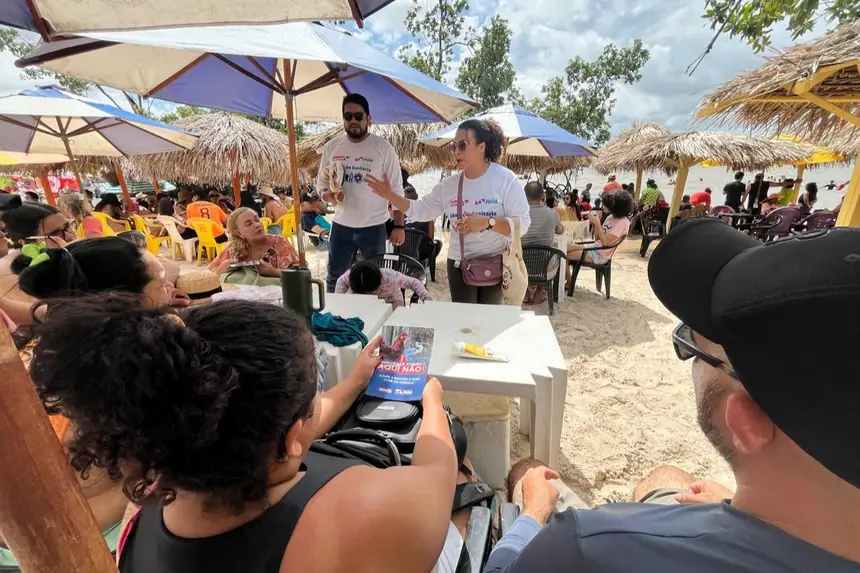
The Agricultural Defense Agency of Pará (Adepará) completes, this Wednesday (17), 23 years of strategic action in favor of animal and plant health, biodiversity protection, and the enhancement of family agriculture production chains. Founded in 2002, the Agency has become a national reference by articulating sanitary security, technological innovation, and public policies aimed at strengthening the Amazonian socio-bioeconomy.
Throughout its trajectory, Adepará has consolidated an institutional model that combines modernization, agricultural surveillance, technical support, and territorial articulation, promoting low environmental impact and high social return agriculture.
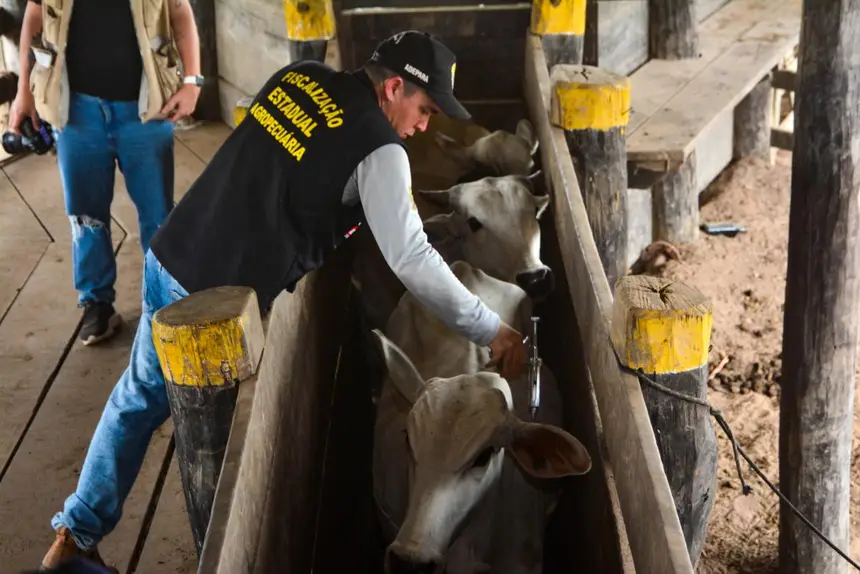
Health and traceability: security for the producer and the consumer
Among the most recent milestones, the achievement of international certification as a foot-and-mouth disease-free zone without vaccination, obtained in 2025, stands out. This recognition paved the way for the expansion of Pará's meat exports, ensuring the rigorous sanitary standards required by international markets.
Another important advancement is the implementation of the Individual Bovine Traceability System of Pará (SRBIPA), through the Sustainable Livestock program, which already identifies over 100,000 animals, enhancing property management, transparency, and sanitary security in the livestock production chain.
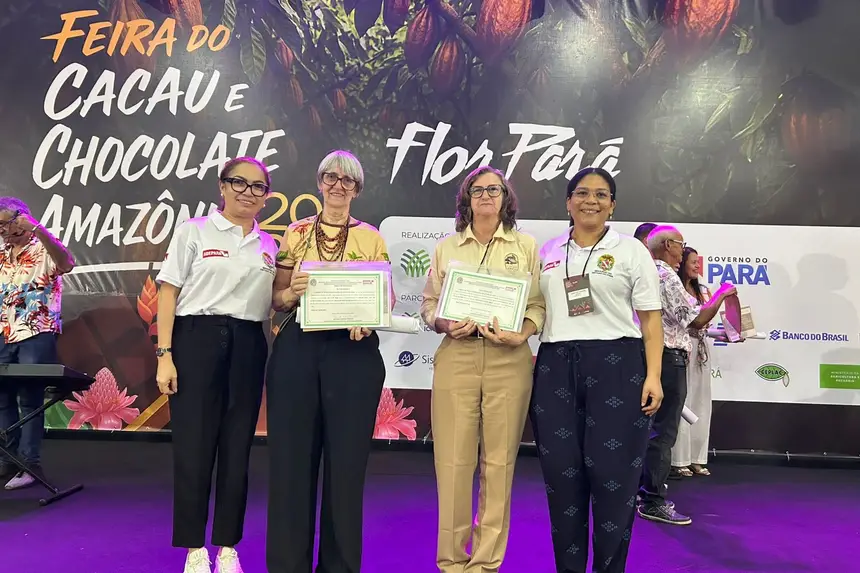
Support for agro-industrialization and strengthening local chains
The Agency has played a fundamental role in encouraging the formalization of family agro-industries, promoting value addition and the appreciation of traditional knowledge.
Currently, Pará has 169 establishments registered in the State Inspection System (SIE), with 32 having SISBI-POA (national commercialization), in addition to 78 establishments of artisanal animal products and over 300 cassava and fruit pulp agro-industries with a vegetable artisanal seal.
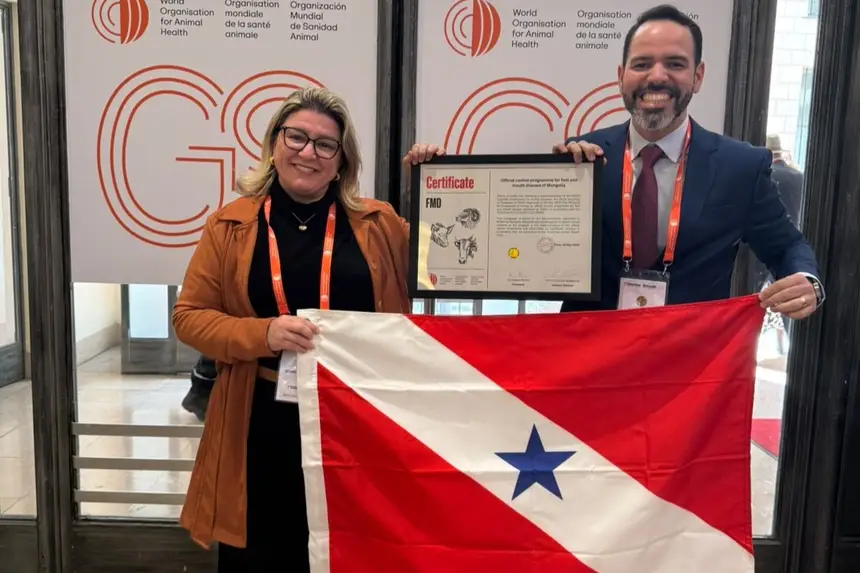
Producing regions such as Transamazon and Xingu are also beginning to stand out in the production of artisanal chocolate, boosting the added value of local production chains and strengthening the Amazonian identity in the national market.
“Agro-industrializing with identity is also acting for the climate. Family agro-industries promote short chains, which reduce transportation, decrease emissions, and strengthen local economies. When we formalize these enterprises, we ensure sanitary security and legality without erasing culture; on the contrary, we provide conditions for it to grow. Valuing regional products is preserving the forest, developing the territory, and caring for the climate while caring for people,” says Joselena Tavares, inspection manager at Adepará.
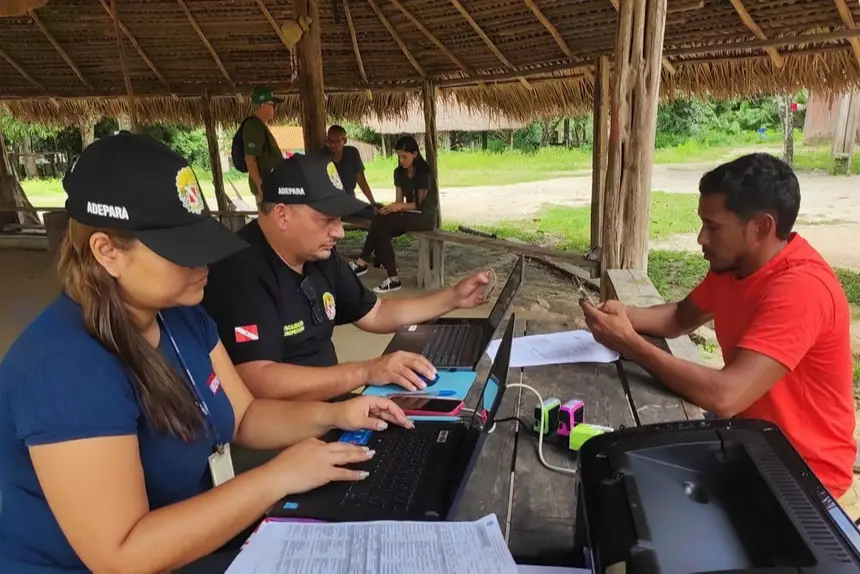
Territorial presence and qualified technical structure
Adepará maintains one of the largest agricultural defense structures in the country. There are about a thousand employees, including 172 veterinarians and 100 agronomists, with 176 physical units strategically distributed across all municipalities in Pará.
In recent years, new headquarters have been inaugurated in Juruti, Castanhal, and Soure, in addition to the acquisition of boats and vehicles to strengthen support for producers in remote areas, especially in riverside and family production territories.
“We have a well-defined mission, which is to execute health and quality actions to make our agribusiness, both in the business aspect and in family agriculture, increasingly robust, competitive, and sustainable,” highlights the director of plant defense and inspection, Lucionila Pimentel.
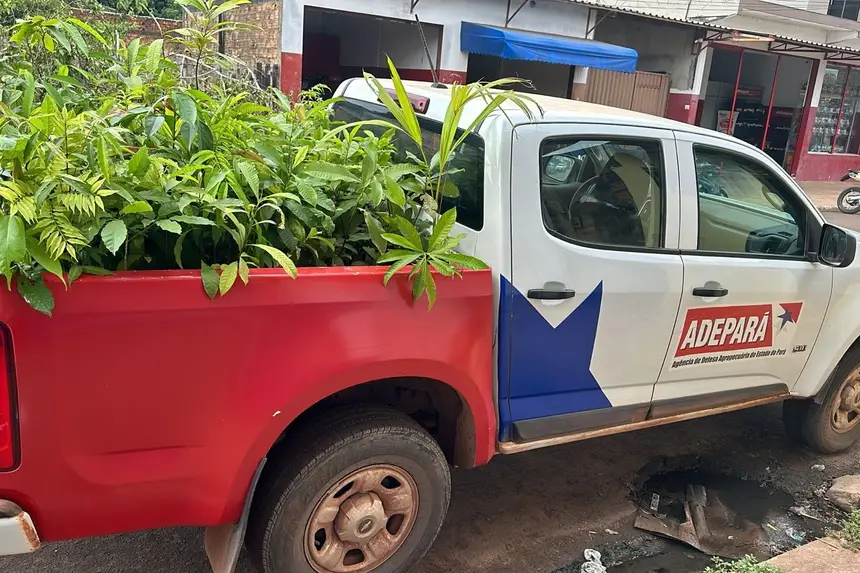
Sanitary education and pest control
Sanitary education is also gaining strength as a strategic tool for pest prevention to enhance phytosanitary defense. The I Caravan of Education against the Cassava Witch Broom, held in Cametá, mobilized communities, schools, and specialists to protect one of the most symbolic crops of the Amazon.
“Educating is preventing. Our actions bring citizens closer to agricultural defense, creating an active protection network against pests and diseases,” says Carlos Alexandre Mendes, manager of Sanitary Education at the Agency.
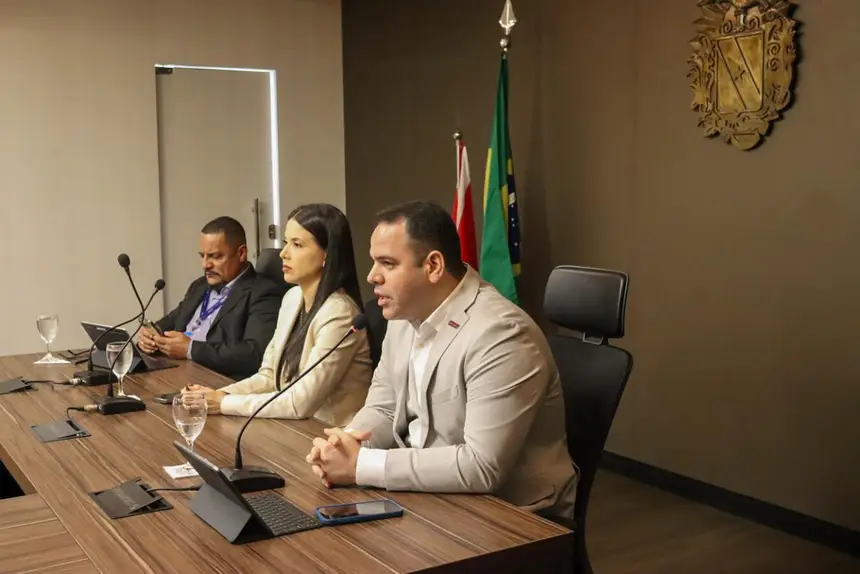
Technology, innovation, and clean energy
Under the management of the general director and agricultural fiscal Jamir Macedo, Adepará has bet on innovation as a pillar of its action. Digital systems for communication, document management, and traceability of products such as palm oil and açaí are modernizing internal processes and the relationship with producers.
In 2025, Adepará delivered the first solar energy plant, located in Santa Izabel do Pará, with an estimated generation capacity of 1.4 million kWh per year. The initiative reduces operational costs and directly contributes to the mitigation of institutional emissions.
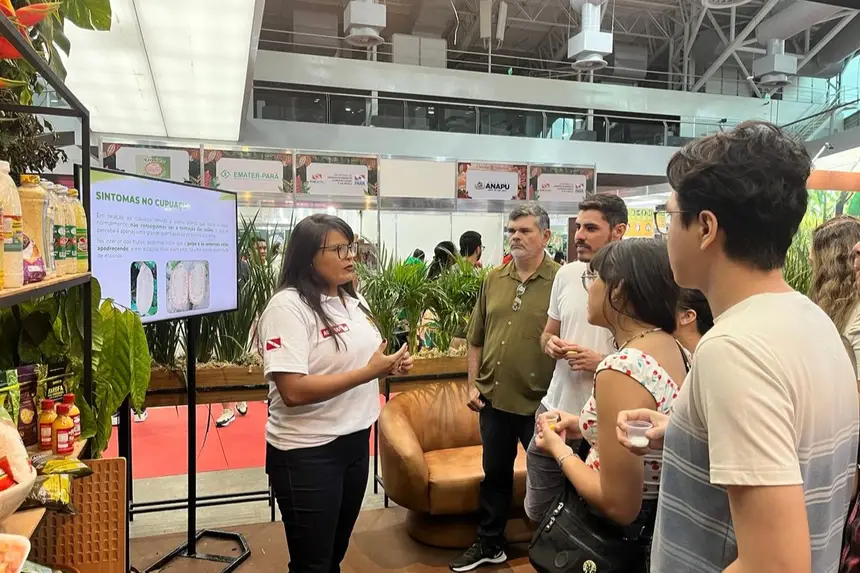
Additionally, the new Intelligence and Corregedoria Center has started operating in a renovated building, focusing on enhancing internal control, transparency, and the integrity of the Agency's actions.
“Our work is daily, side by side with the producer, ensuring disease-free herds, protected crops, and safe food. Agricultural defense is the foundation of a sustainable, resilient, and competitive agriculture,” emphasizes Jamir Macedo, who also chairs the Management Council of the Sustainable Livestock Program of Pará (COGES/Pecuária).
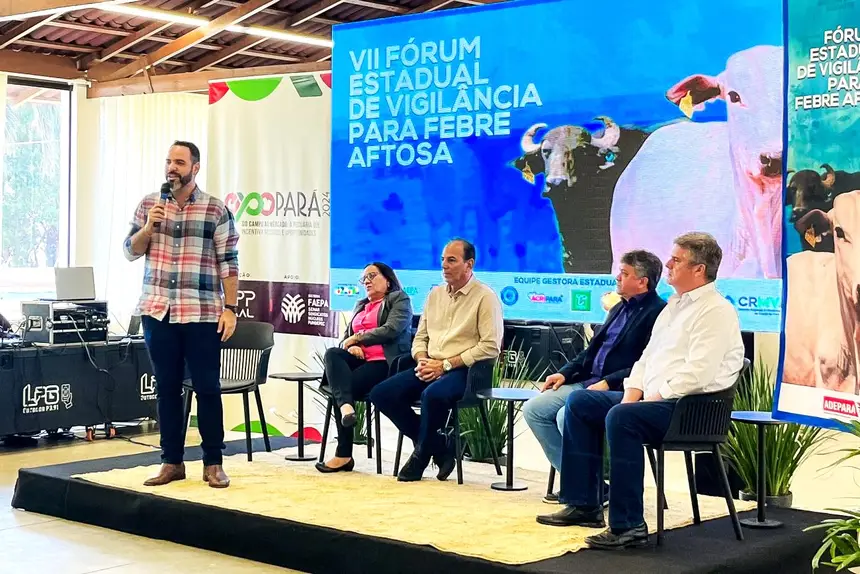
A legacy that strengthens the Amazon
Veterinarian Maria Teresa Santos, one of the pioneers of the Agency, summarizes the Agency's trajectory with pride: “I saw Adepará being born and I am proud to be part of this story. There were many challenges and many achievements, always with the same goal: to protect and strengthen Pará's agricultural production.”
With 23 years of history, the Agency remains steadfast in its institutional mission: to protect agricultural production, ensure food security, and promote sustainable development of the Amazonian territories — where the forest, food, and identity walk together.


